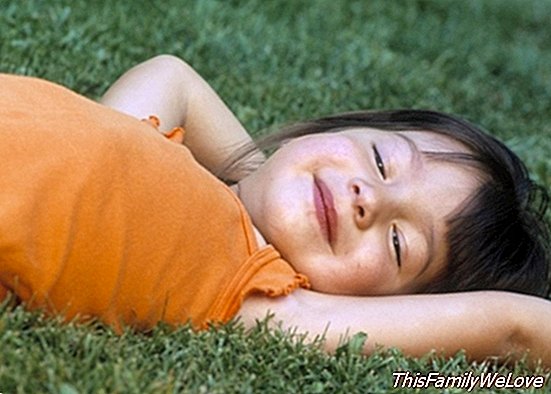The child in Early Childhood Education

The early childhood education stage marks the beginning of learning in the school where the child will have to face all the changes that this new project entails. The child in Early Childhood Education will experience numerous transformations as it grows, and will also have to adapt little by little to the environment in which it moves, that is, to the school.
Between 3 and 6 years old, children experience numerous transformations in their physical, cognitive and social development. The educational system of this new and first stage of Early Childhood Education is specially designed to channel this evolutionary development.
Physical changes in children during Early Childhood Education
During this stage, from 2 to 6 years old when they begin Primary Education, children lose weight, grow. Little by little, the prominent belly of a small child and the round face disappear. Its extremities lengthen and acquire a stylized body with the capacity toperform certain skills that they could not do when they were babies due to physical and psychomotor limitations.
Thus, as their psychomotor system develops, children change their types of games, and go from playing with stuffed animals and figurines when they are babies to running around in the park and playing the ball. The children's motor abilities are changing, and this is reflected in the playing time. Brain maturation, motivation and practice make children spend a lot of energy by physical movement at this age.
The cognitive development of children in Early Childhood Education
This is another of the great changes that children will experience after their first year of life. The brain development and the consequent growth of the brain will allow the child acquire memory and reflection. Little by little, the impulses are replaced by a more reflective attitude. This new change gives rise to what is called preoperational thinking.
Thus, children begin to assimilate concepts and not confuse them with others. For example, they know that their father is a father and they do not confuse him with other roles like brother's. In addition, children at this age they begin to be egocentric, they concentrate on things that are related to them without even being able to feel empathy towards others.
They attend to appearances, for example, if a child is taller than another they will say that they are older, which often leads them to have erroneous concepts because at the beginning of their learning they associate something with an explanation that has been given to them, without attend to other possible nuances. It is the proper time in which children ask all the time the because of the causes.
Social development, the stage of the first friends
1. Collaboration The social development of children begins first at home, when children are becoming more and more organized and they collaborate with parents in domestic tasks. They are also able to perform tasks of increasing responsibility, such as setting the table, even if they have an adult supervision at the beginning.
2. Friendships Children start talking about their school friendships, the first anger and fights begin, and also the desire to play with the other children and share their toys. Imaginary friends can also appear.
3. Imitation. Children imitate at all times the behavior of the elderly, therefore it is very important to be careful about how you act in front of them. Adults can promote their social development by letting them solve their problems with their peers, so that little by little they know how to face the different problems of life.
Ana Vázquez Recio
It may interest you:
- Achievements in the development of babies from 0 to 3 years
- Sensitive periods of children for learning values
- The brain and the body development of children
- Learning to write, exercises for children
- The value of effort in early childhood education




